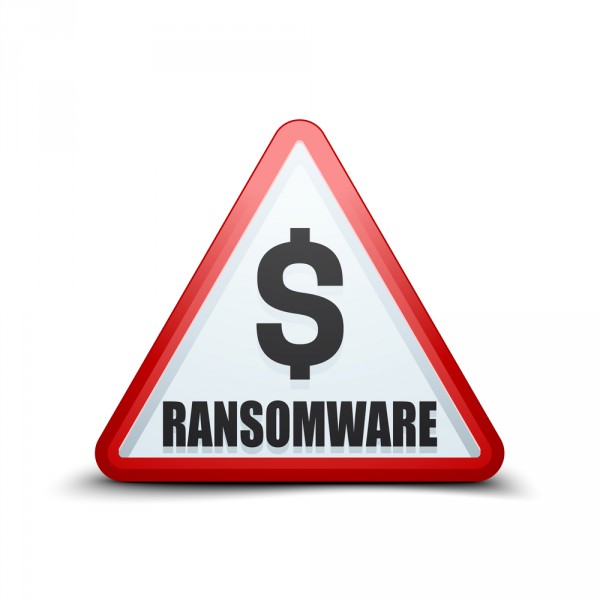
New Android ransomware masquerades as FBI message
Researchers at Check Point have discovered a new variant of Android malware called Black Rose Lucy that, when downloaded, encrypts files on the infected device and displays a ransom note in the browser claiming to be an official message from the FBI.
First discovered by Check Point in September 2018, Lucy is a Malware-as-a-Service dropper that originated in Russia and downloads and installs new threats with ransomware capabilities.
Ransomware posing as a coronavirus app is threatening people for money
The coronavirus pandemic has created some confusing times. Trying to get a better handle on the situation, some people have looked to mobile apps to track the spread of the disease. These users were shocked to find they had accidentally installed a malware app instead.
An Android app called "COVID19 Tracker" marketed itself as a virus map to people worried about the outbreak. Users searching for an app to show the spread of the virus found a link to COVID19 Tracker, which claimed to do just that. Instead of getting it from the Google Play Store, they would have to download it directly from the website. Once users downloaded and opened the app, they found an unpleasant surprise. COVID19 Tracker, like any other app, asked for device permissions, but once it gained this permission, it launched a program called "CovidLock." CovidLock threatened to delete all data from the phone unless users paid $100 in Bitcoin within 48 hours.

2019 proves a bumper year for cyber attacks
Cyber criminals launched a barrage of attacks in 2019, spurred on by botnets of infected IoT devices and by attacker interest in the Eternal Blue vulnerability.
Security company F-Secure's global network of honeypots saw 5.7 billion attacks during the year. For comparison, 2018 saw just over one billion attacks, while 2017 saw 792 million.
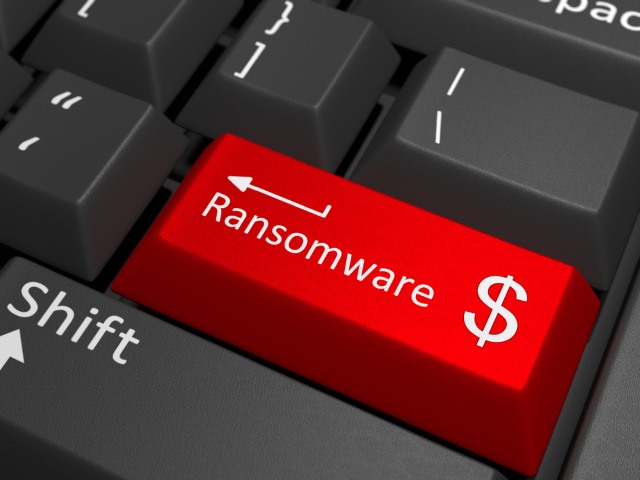
New strain of ransomware spreads via SYSVOL shares
Researchers at Varonis have uncovered a new ransomware variant that spreads and tracks its progress via SYSVOL share on Active Directory Domain Controllers.
The ransomware encrypts files and appends them with the extension, '.SaveTheQueen' and creates a file called 'hourly' on the SYSVOL share folder.

Ransomware sees a revival in 2019's worst cybersecurity threats
Cybersecurity company Webroot has released its third annual Nastiest Malware list which shows ransomware making a comeback in addition to other threats.
Phishing and botnets are still popular attack methods and threats across the board are also becoming more sophisticated and harder to detect.

Developer of HildaCrypt ransomware releases decryption keys for free
Ransomware is a pervasive problem, and for victims it can be difficult to know whether paying up will help them to regain access to their maliciously encrypted files. So when ransomware decryption keys are released free of charge, it's always good news -- and this is exactly what has happened for HildaCrypt.
The developer of this particular strain of ransomware has released the decryption keys after a security researcher shared detailed of what was initially thought to be a new type of ransomware.
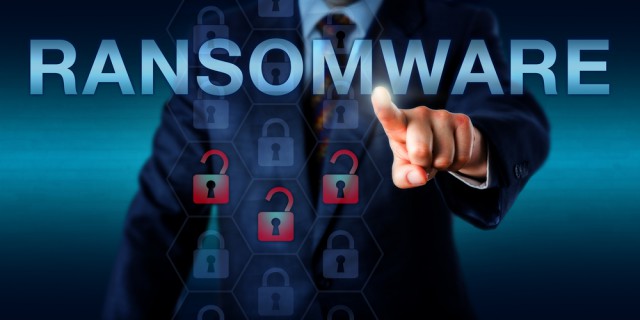
The top vulnerabilities in enterprise ransomware attacks
A new report from vulnerability management company RiskSense looks at the most common vulnerabilities used across multiple families of ransomware that target enterprises and government organizations.
Among its key findings are that almost 65 percent target high-value assets like servers, close to 55 percent have CVSS v2 scores lower than eight, nearly 35 percent are old (from 2015 or earlier), and the vulnerabilities used in WannaCry are still being used today.
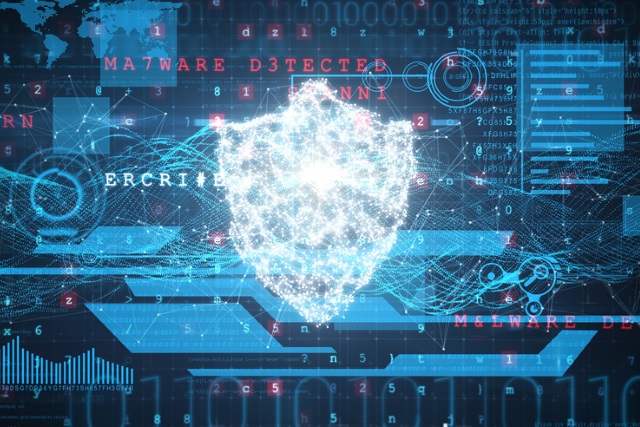
New open source tool helps prevent brute force and ransomware attacks
Ransomware attacks are a major problem and they often gain access to systems via brute-force attacks against open and exposed remote access points such as Remote Desktop Protocol.
Cloud-native virtual application delivery platform Cameyo is launching its new RDP Port Shield security technology, along with a free, open source monitoring tool that any organization can use to identify attacks taking place over RDP in their environment.

Education is top target for cyberattacks
The education sector has become one of the most sought after targets for cybercriminals, according to the latest report from Malwarebytes Labs.
In the first half of 2019, the top three largest categories of threats identified among education institutions' devices are adware (43 percent), Trojans (25 percent) and backdoors (three percent). However, ransomware dropped to less than one percent in this period -- though it was higher both before and after the study.

Ransomware turns its sights on large organizations
Detections of ransomware aimed at businesses rose by a massive 363 percent between the second quarter of 2018 and the same period this year. Meanwhile consumer ransomware is down 34 percent.
The latest quarterly threat report from Malwarebytes also sees a 235 percent overall increase in threats aimed at organizations from enterprises to small businesses, with ransomware as a major contributor.

Biggest ransomware threat is encryption of shared cloud files
The cybercriminal's most effective weapon in a ransomware attack is the network itself, which enables the malicious encryption of shared files on network servers, especially files stored in infrastructure-as-a-service (IaaS) cloud providers.
This is according to a new report from threat detection specialist Vectra which finds that by encrypting files that are accessed by many business applications across the network, attackers achieve an economy of scale faster and far more damaging than encrypting files on individual devices.

BitDefender releases free decryption tool for GandCrab ransomware
Security firm BitDefender has teamed up with the FBI, Europol and other agencies and created decryption software that enables ransomware victims to get their data back for free.
The tool can be used to retrieve files encrypted by the GandCrab family of ransomware which is thought to have originated in Russia. GandCrab has been active for around a year and a half, and hundreds of thousands of people have fallen victim to it.

Ransomware detections up 200 percent with businesses the main target
The latest quarterly threat research from Malwarebytes for Q1 2019 reveals a 200 percent jump in ransomware and continued increase in business targets for cyberthreats.
This shift back to ransomware comes in the wake of a continued decline in cryptomining, as well as an increased focus on mobile attacks and large-scale business invasions.
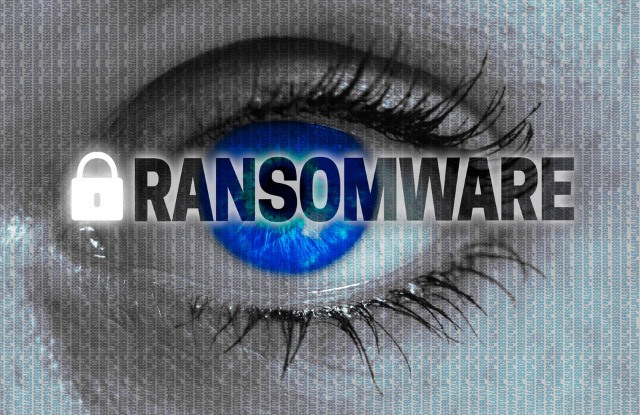
Understanding the LockerGoga ransomware attacks
Last month Aluminum manufacturer Norsk Hydro was hit by a large scale ransomware attack that affected its systems across the globe and caused severe disruption to its operations with an estimated impact of more than $35 million..
The attack used the LockerGoga ransomware and the threat research team at Securonix has been monitoring the malware, which also caused problems for a number of other companies.

Emsisoft Decrypter for Planetary gets your ransomware-riddled files back for free
Emsisoft has released a free decrypter tool for anyone who has been struck by the Planetary Ransomware, eliminating the need to pay a fee to the attackers.
Before using the tool you are advised to ensure that you have removed the malware from your computer -- something you can do with the free version of Emsisoft Anti-Malware. You also need to ensure that you don't delete the ransom note ("!!!READ_IT!!!.txt") or the decrypter won't work.
